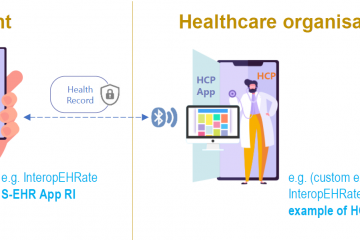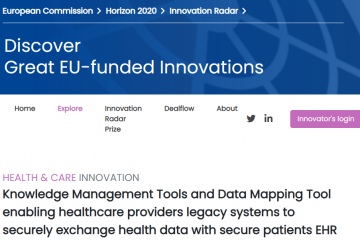First concrete steps towards European Data Spaces
The EU Data Strategy, published on February 19th 2020, identifies four main pillars to be addressed in order to get to a common EU Data Space: a legal framework for data access and use, a technical infrastructure and building blocks, a capacity building program for skills and competencies and a rollout in crucial economic sectors and domains of public interest.
The European Commission has set up ambitious milestones to address those four pillars. The first one relates to the legislative framework for which the Commission ambitions to have results already for the end of this very year. An open consultation on this very topic was organised in July. In the words of the European Commission:
- unlock value from data held by public sector bodies the use of which is conditional on the respect of rights of others,
- support the use of data that individuals or companies voluntarily contribute to the wider public good,
- lower the cost of data use through interoperability at the technical level and availability of generic enabling standards and
- lower transactions costs in data sharing by supporting an emerging offer of data intermediaries, i.e. entities that enable any kind of data holder (persons, business, public sector bodies, academic or not-for profit organisations) to share their data of all types with other organisations, and which may provide additional value-added services.
This legislative framework is intended to focus both on data held by the public sector and on data produced by companies and individuals.
The vision of the commission is to support Member States to put in place the processes and bodies needed to handle these four challenges, while maintaining flexibility for implementation at the national and domain-specific levels. The data spaces created will then be shared among Member States which will have achieved sufficient progress.
Europe will consider a range of legislative options. These include hard law options, applying different degrees of intensity, as well as softer measures (e.g. technical recommendations to Member States and the creation of a European body (or bodies), function(s) or process(es).
InteropEHRate positions the citizen/patient at the very centre of the data sharing process, whether for clinical and research purposes. The project is therefore keen to provide added value in particular for clusters 2 and 3 above. It thus contributes to the Getting ready for European Health Data Space(s) series of webinars hosted by EHTEL.


